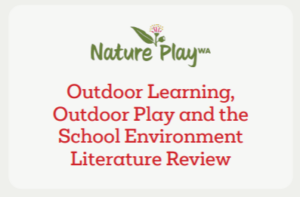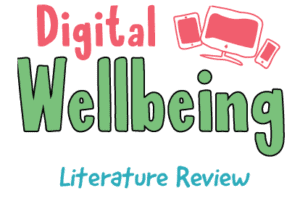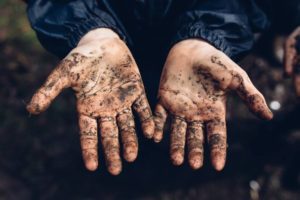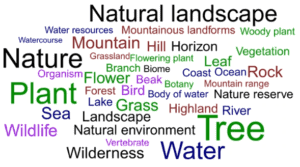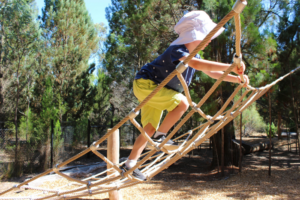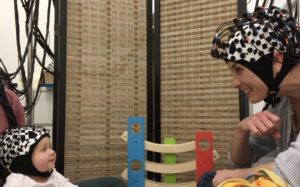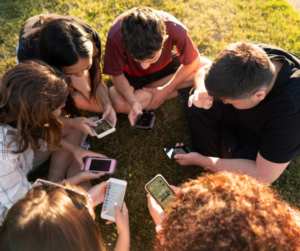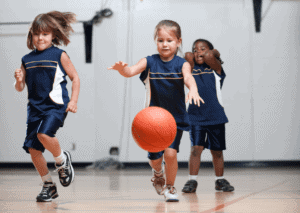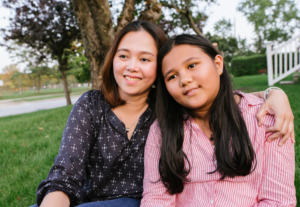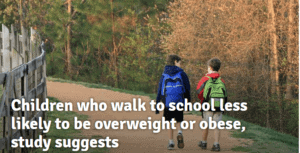Research into the importance of nature play, learning outdoors, risk-taking and children's mental and physical health and wellbeing forms the basis for the work we do.
Here you'll find the latest scientific research that shows the benefits of nature play for our children!
Use the Search function, or click on a keyword in Resource Categories to find research about a particular subject.
Nature Play WA's Research
Nature Play WA undertook a comprehensive literature review for the Education Department of WA that considers three critical elements to improving student experience and learning in school settings: outdoor learning, outdoor play and the school environment.
Nature Play WA, in conjunction with researchers from the Telethon Kids Institute, has created a ‘what you need to know’ guide for parents on the impacts of excessive screen time, highlighting new and relevant research in a clear and easy-to-understand manner.
This report, written to support Australia’s Outdoor Classroom Day, sets out not only a snapshot report on how much more playtime Australian children are getting compared to everyone else, but also an overview of why outdoor learning and play is so very important.
Curated Research
When parents are under stress, household rules about screen time often get abandoned, new University of Guelph research finds. A first of its kind in Canada, the study found parents of young children reporting high levels of life or parenting stress were less likely to monitor and limit their kids’ screen use and more likely […]
Read MoreAre individual and contextual stressors associated with the use and duration of screen time and screen time combined with food in children aged 7 to 18 months?
Read MoreAbstract Risky play is defined as thrilling and challenging forms of play that have the potential for physical injury and has been linked to development and health benefits for children in the early years. These benefits include risk-assessment skills, increased physical activity and well-being, and promoting social competencies and resilience. Currently, in a Western context, children’s opportunities for risky play are decreasing and at the […]
Read MoreInfancy is the foundational period for learning from adults, and the dynamics of the social environment have long been considered central to children’s development.
Read MoreThe majority of adolescents do not meet current physical activity guidelines. Urgent scaling up of implementation of known effective policies and programmes is needed to increase activity in adolescents.
Read MoreA study by the Barcelona Institute for Global Health (ISGlobal), a centre supported by “la Caixa,” has for the first time demonstrated an association between regular physical activity during childhood and higher lung-function values in adolescent girls.
Read MoreMothers and daughters find spending time outdoors together strengthens communication and family connectedness Twenty-six mothers and daughters participated in semi-structured interviews focusing on their experiences with family-based nature activities (FBNA), defined as two or more family members engaging in outdoor recreation. The mother and daughter interviews were conducted simultaneously but in separate rooms. This arrangement […]
Read MoreAbstract: Background Body Mass Index (BMI) is a common outcome when assessing associations between childhood overweight and obesity and physical activity patterns. However, the fat and fat-free components of BMI, measured by the Fat Mass Index (FMI) and Fat-Free Mass Index (FFMI), may show contrasting associations with physical activity, while ethnic groups may vary in both […]
Read More‘Pop-up parks’ represent one possible means to help meet the demands of urbanites for more opportunities to connect with nature in their neighborhoods, serve important conservation functions by providing small-scale habitat refuges for a wide variety of threatened plants and animals in urban environments, and deliver a suite of ecosystem services to urban residents and wildlife alike.
Read More
